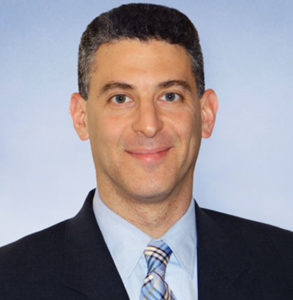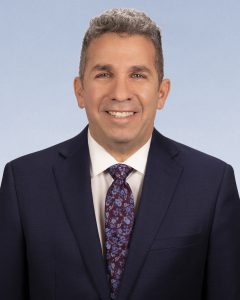Large Firm Service. Small Firm Attention.

SHARE
2017 Tax Scams: What You Need To Know
Published February 28, 2017
With tax preparation season upon us, seniors should arm themselves with knowledge and be vigilant against con artists. That can be difficult when scammers are constantly changing their tactics. According to the National Council on Aging, these are the top three scams that seniors should be aware of in 2017:
- Mass Mailing Fraud. The U.S. Department of Justice reports that thousands of victims in the United States have been defrauded out of more than $18 million by a mass mailing scam. Seniors were targeted with personalized, official-looking letters claiming that they had won a cash prize, but processing fees needed to be paid in order for the money to be transferred. Such mailings are fraudulent, and responding to them increases the risk that the person will be targeted for future scams. If you or a loved one receives a fraudulent mailing, you can report it to the Federal Trade Commission (FTC) at 1-877-FTC-HELP.
- Fake IRS Calls. The Internal Revenue Service (IRS) has warned taxpayers that impersonation calls are on the rise, with individuals claiming to represent the
 IRS and demanding payment of back taxes. A hallmark of the latest scam is that the caller will insist on payment through gift cards such as iTunes cards. Many of the calls are automated “robot-calls” with urgent call-back requests. If the victim returns the call, the scammer will threaten arrest, deportation or revocation of their driver’s license. The real IRS will never call to demand immediate payment over the phone, and the agency does not call about back taxes without first sending a bill or notice. If you receive a fake IRS call, hang up. You can report an IRS impersonation call to the U.S. Treasury Inspector General for Tax Administration at 1-800-366-4484.
IRS and demanding payment of back taxes. A hallmark of the latest scam is that the caller will insist on payment through gift cards such as iTunes cards. Many of the calls are automated “robot-calls” with urgent call-back requests. If the victim returns the call, the scammer will threaten arrest, deportation or revocation of their driver’s license. The real IRS will never call to demand immediate payment over the phone, and the agency does not call about back taxes without first sending a bill or notice. If you receive a fake IRS call, hang up. You can report an IRS impersonation call to the U.S. Treasury Inspector General for Tax Administration at 1-800-366-4484. - Medicare Scams. Many seniors have received postcards stating that they are eligible to receive a knee brace or back brace that is covered by Medicare. All they have to do is send their Medicare information and they will receive the item for free in the mail. In some cases, the company may actually send an item, usually a Velcro-style brace. The problem is that illegitimate firms bill Medicare for devices worth hundreds or thousands of dollars, and then use the individual’s Medicare information to bill Medicare for additional services that were never rendered. The U.S. Department of Health and Human Services (HHS) warns seniors never to respond to open solicitations for Medicare-covered services or supplies, and to only provide their Medicare information to legitimate health care providers when services are actively being sought or received. Medicare scams can be reported to HHS at 1-800-HHS-TIPS.
Learn more about our elder law and estate planning services or contact us with questions.
Was this article of interest to you? If so, please LIKE our Facebook Page by clicking here or sign up for our monthly newsletter.
Categories
Recent Posts
Explore In-Depth

Corporate & Securities

Elder Law & Estate Planning

Special Needs Planning

Special Education Advocacy


















